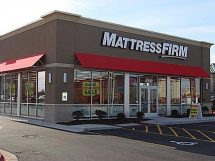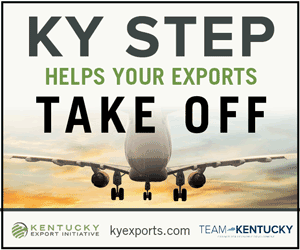 On June 28, the U.S. Supreme Court ruled 6-3 on a case questioning whether the court should defer to federal agencies for reasonable interpretation in instances where federal laws are unclear.
On June 28, the U.S. Supreme Court ruled 6-3 on a case questioning whether the court should defer to federal agencies for reasonable interpretation in instances where federal laws are unclear.
The ruling on Loper Bright Enterprises v. Raimondo is expected to weaken the power of executive branch agencies to issue new rules related to environmental, workplace safety, public health, and other regulations, overturning a ruling that has set precedent for the past 40 years.
The landmark 1984 decision, Chevron v. Natural Resources Defense Council, has been one of the most frequently cited Supreme Court decisions in dealing with rules issued by executive branch agencies when federal law has come into question.
“Friday’s ruling from the Supreme Court is a huge win for the business community, not just in Kentucky, but across the United States,” said Ashli Watts, president and CEO of the Kentucky Chamber of Commerce. “Executive branch agencies have long sidestepped Congress on a number of unwarranted regulations, resulting in unnecessary burdens on employers and free enterprise. We applaud this decision and anticipate it will have a positive, lasting impact for job creators and our economy.”
The decision was the result of a recent case brought forth by herring fishermen who opposed the National Marine Fisheries Service forcing U.S. fishing vessels to pay the salaries of federal observers to inspect their catch, despite the absence of a congressionally approved law requiring it.
In writing the decision, Chief Justice John Roberts said federal judges “must exercise their independent judgment in deciding whether an agency has acted within its statutory authority.”
“The very point of the traditional tools of statutory construction−the tools courts use every day−is to resolve statutory ambiguities,” Roberts wrote. “That is no less true when the ambiguity is about the scope of an agency’s own power−perhaps the occasion on which abdication in favor of the agency is least appropriate.”
The U.S. Chamber, which filed an amicus brief last year on behalf of business groups, argued that modern application of Chevron has “fostered aggrandizement’’ of the executive branch at the expense of Congress and the courts.
U.S. Chamber of Commerce President and CEO Suzanne P. Clark issued the following statement regarding the U.S. Supreme Court overruling Chevron deference.
“Today’s decision is an important course correction that will help create a more predictable and stable regulatory environment. The Supreme Court’s previous deference rule allowed each new presidential administration to advance their political agendas through flip-flopping regulations and not provide consistent rules of the road for businesses to navigate, plan, and invest in the future. The Chamber will continue to urge courts to faithfully interpret statutes that govern federal agencies and to ensure federal agencies act in a reasonable and lawful manner.”






















